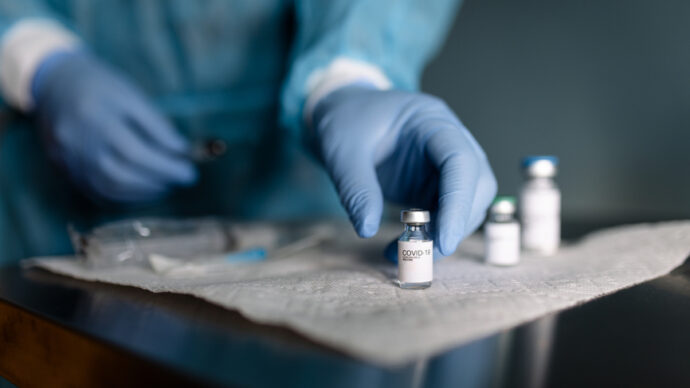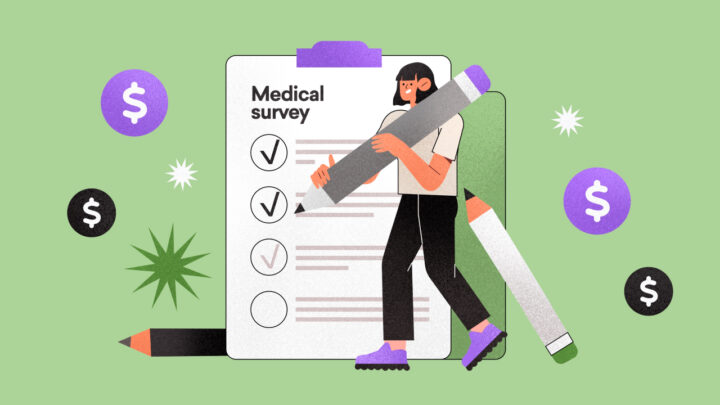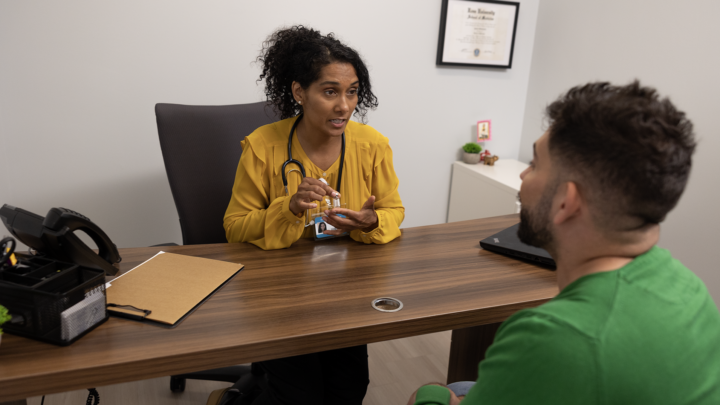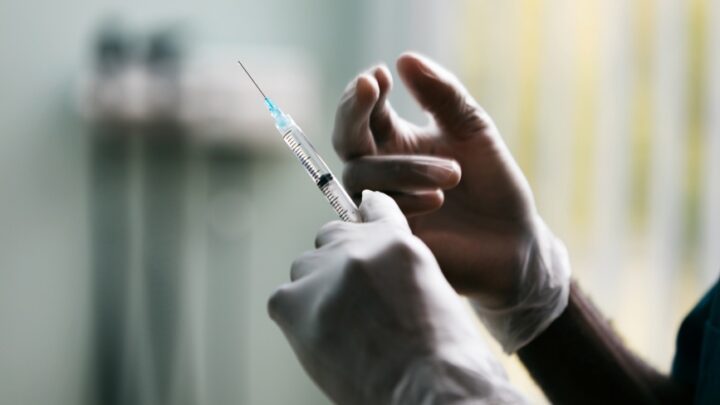
Almost seven million Americans have received the Johnson & Johnson Covid-19 vaccine. But after six women developed serious blood clotting disorders, the US has paused the rollout.
According to the New York Times, “All six were women between the ages of 18 and 48 and all developed the illness within one to three weeks of vaccination. One woman died and a second woman in Nebraska has been hospitalized in critical condition…
More than seven million people in the United States have received Johnson & Johnson shots so far, and another 10 million doses have been shipped out to the states, according to data from the Centers for Disease Control and Prevention…
The reaction prompted an intense debate among public health experts about whether guarding against such a rare disorder was worth the cost. Scores of vaccine appointments were canceled this week, and some public health officials feared that by fueling vaccine hesitancy and conspiracy theorists, the pause could prompt fewer Americans to get vaccinated — and expose them to far more risk…
Scientists with the F.D.A. and C.D.C. will jointly examine possible links between the vaccine and the disorder and determine whether the F.D.A. should continue to authorize use of the vaccine for all adults or modify the authorization, possibly limiting it to certain population groups…
[T]he pause will complicate the nation’s vaccination efforts at a time when many states are confronting a surge in new cases and seeking to address vaccine hesitancy. Regulators in Europe and elsewhere are concerned about a similar issue with another coronavirus vaccine, developed by AstraZeneca and Oxford University researchers…
Government experts are concerned that doctors may not be trained to spot or treat the rare disorder if recipients of the vaccine develop symptoms. Dr. Marks said that a standard treatment for blood clots — use of an anticoagulant drug called heparin — ‘can actually cause tremendous harm, or the outcome can be fatal.’
The C.D.C. and the F.D.A. recommended that people who have received the Johnson & Johnson vaccine within the past month contact their doctors if they experience severe headaches, abdominal pain, leg pain or shortness of breath. Officials said the most common symptom of the disorder was a persistent, moderate to severe headache that begins six days or later after the shot.
Dr. Schuchat, the C.D.C. official, said the risk of dangerous blood clots was ‘very low’ for people who received Johnson & Johnson’s vaccine more than a month ago.”
In a recent poll of 1,000+ global Sermo physicians, 81% said they are concerned that the Johnson & Johnson vaccine halt could affect overall vaccine confidence. But doctors are split over the decision—with a small majority of 54% saying that given the risk of the rare blood clotting disorder, they do agree with the decision to pause the Johnson & Johnson vaccine.
When asked which Covid-19 vaccines have had the most reported symptoms from their patients, here’s how Sermo physicians responded:
When asked which vaccines have had the most reported side effects for people over 65 years old, the response was:
When asked which vaccines have had the most reported side effects for people under 65 years old, the response was:
Below, Sermo physicians from around the world share their professional insights, perspectives, and opinions on this important topic—in their own words:
This is one in a million side effect ASSOCIATED with the J&J vaccine. The FDA could have let the vaccinations continue while looking at the data. The rist of slowing the use of the vaccine seems to outweigh the vaccine side effect risk. Fortunately, my wife and Type 1 diabetic son got the J&J vaccines before this halt. This vaccine is critical for the use in homeless, homebound, rural, and other populations where the need for freezer capacity and two vaccines make others impractical.
Psychiatry
Need to observe those who have received it for a longer duration
Rheumatology
In light of the EU pausing use of Astra-Zeneca for similar side effects, and evidence that both vaccines may cause clots via the same mechanism (antibody-mediated platelet activation), I think they had to pause J+J even though the rate of side effects was extremely low. The problem is that the US has now vaccinated most willing high-risk individuals, so the people remaining are going to be less tolerant of ad-verse events, even rare ones.
Anesthesiology
This is ridiculous. If you gave 1 million people a bar of chocolate, 10 would die of something related to it.
Cardiology
There must be a closer follow up of vaccinated people so that all of us get more informations about possible adverse reactions even rare but severe or even fatal
Pediatrics (excluding surgery)
Only significant reaction I’ve seen thus far was with Pfizer.
General Practice (GP)
Everyday thousands of Sermo member physicians from diverse backgrounds and experiences exchange knowledge with each other. Sermo is the original medical social network that empowers today’s physicians. Over 1 million fully verified physicians across more than 150 countries come to our platform to talk with peers, participate in paid medical studies, solve challenging patient cases, contribute to the world’s largest database of drug ratings – and enjoy a few laughs along the way.
Interested in more? Check back any time and follow us on Facebook, Twitter, and LinkedIn for the latest and greatest in physician insights.
Are you a physician or healthcare practitioner?
Explore the many benefits of joining Sermo’s medical community and sign up for free today.








